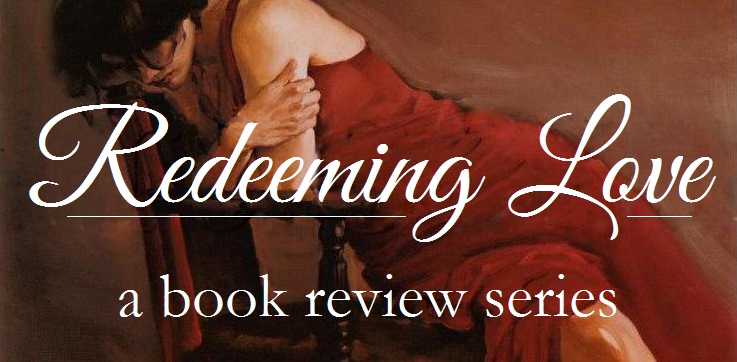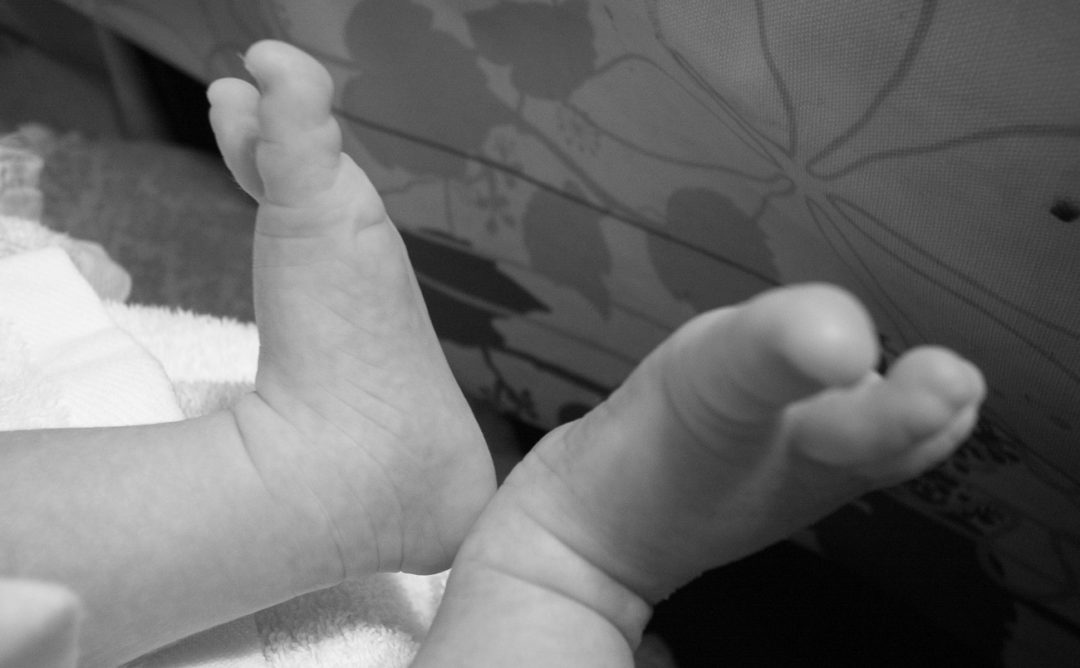Plot Summary:
- Angel continues (physically) healing.
- Michael takes her to see a sunrise.
- Later, they have sex for the first time.
- She tries to leave, but gets lost and has to return to Michael’s farm.
***
As you can see, nothing much actually happens in these three chapters; most of what Francine gives us here is internal emotional struggles happening inside Angel and Michael. From a character development perspective, Francine is focusing on making certain archetypes brutally clear. Up until this point in the book, she’s been focused on the “Hosea” element of Michael’s character, but in these chapters she hits us over the head, frying-pan style, with comparisons of Michael to God and Jesus. He washes Angel’s feet, for one (163), and he’s constantly haranguing her to “put her trust in him” (137).
Francine is not a particularly good writer. This book isn’t the worst thing I’ve read– and it’s passable for the Christian Fiction genre– but this is where she runs into even worse show vs. tell problems than what we’ve seen so far. It’s not that she tells us more than she shows us, it’s that what she tells us contradicts what she shows us.
For example, in Michael’s perspective, we read this:
Most men would have been satisfied to have such a malleable, hardworking wife. Michael was not. He had not married her to have a drudge. He wanted a woman as part of his life– part of himself. (141)
However, all he’s done is tell her that she has to stay there, learn to work, clean, do chores, feed him, and he’s expressly forbidden her from leaving. He won’t even use her name– in fact, in these chapters he calls her Mara, Tirzah, and Amanda. For no reason. He tells her when to sleep. When she wants to sleep, he yanks the covers off her repeatedly, drags her out of bed, and forces her out onto a hike. When walking through the dark is a clearly triggering experience– she even tells him she’s afraid because it’s reminding her of “something that happened” when she was a child– he ignores her and just pulls her through the woods (136-39). A drudge is a “person made to do hard work,” and that’s how Michael has treated Angel for forty pages.
It happens again in Angel’s perspective:
She didn’t like that he didn’t fit any mold she knew; that he kept his word; that he didn’t use her; that he treated her differently from any way she had ever been treated before. (143)
I want to comment on two things happening here. First, it’s not surprising to me that Francine has this problem. In her culture, it is expected for Christian leaders to tell people what and how to think, and how to “correctly” view the things that are happening to them. The Bible, or your pastor, are capable of overriding your own experiences– in fact, they’re supposed to supersede them. For Francine to expect her readers to listen to her authorial voice over what she’s written the characters actually doing fits right in with that cultural narrative.
Second, the principle struggle for Michael in these chapters is to not have sex with Angel. He goes on long walks in the night, he talks cold baths, he sits by the fire and mopes, all while being “tempted” to have sex with her. All of this is painted as what makes him like Jesus, and a better person than his father (who had the life philosophy that all women want to and deserve to be “dominated” [142]). He’s not having sex with her, and that means that he’s not “using her” and “treating her differently.”
He won’t use her name. He refuses to ever listen to her, about pretty much anything. If she says she wants to do something, like stay in bed, he forces her– bodily– to do what he wants her to do, right that second. He manipulates her– like asking her to collect walnuts because he knows the shells will stain her hands and she won’t try to leave him (148).
But he’s not having sex with her, so he’s a great guy. Again, this point of view is unsurprising. Christian culture is obsessed with sexual “purity” to the point that basically every other concern, including abuse, is tossed by the wayside. As long as people aren’t getting jiggy with it, who cares about whether or not we’re treated with respect, consideration, and kindness?
***
From the opening pages of Redeeming Love, Michael’s been hearing The Voice of God, which appears as bolded text. Well, in these chapters, guess who else starts talking to Michael– and Angel? Satan. He starts encouraging Michael to have sex with Angel, and guess what he starts telling Angel to do:
You have to go back, Angel. You must. You’ll never be free if you don’t … You can build another cabin like this one, and it will be all yours … (145)
Think of having something for yourself. Think of being free. (156)
You’ve got to get out of here! Save yourself and flee! (158)
All of Angel’s impulses toward independence, self-preservation, and freedom are ascribed to Satan. In Francine’s story, Angel wanting to live her own quiet life without interference is an actual literal Devil inside of her head– and of course, to the vast majority of people reading this book, the only logical conclusion is that it would be a sin for Angel to have the freedom she wants– that craving independence is sinful. And, of course, to Francine and her audience, this is all justified because the freedom Satan offers is obviously a lie. Angel can’t truly be free and independent without God … or Michael, who in this telling is both. Considering that the complementarian theology inherent to most of conservative Christian culture almost explicitly conflates the role of God and Husband for women, this is, again, unsurprising.
Interestingly, the fact that they have sex is almost a complete non-event. He makes her say his name over and over again, even though he can tell she doesn’t like it. Apparently this goes along with his “we’ll make love and I’ll show her how sex is REALLY supposed to go!” plan. It backfires because she leaves him the next day– until he tracks her down and finds her bloody and wounded in the rain. But he washes her feet like Jesus so it’s all ok!
Heavens does this book make me furious and sick.







